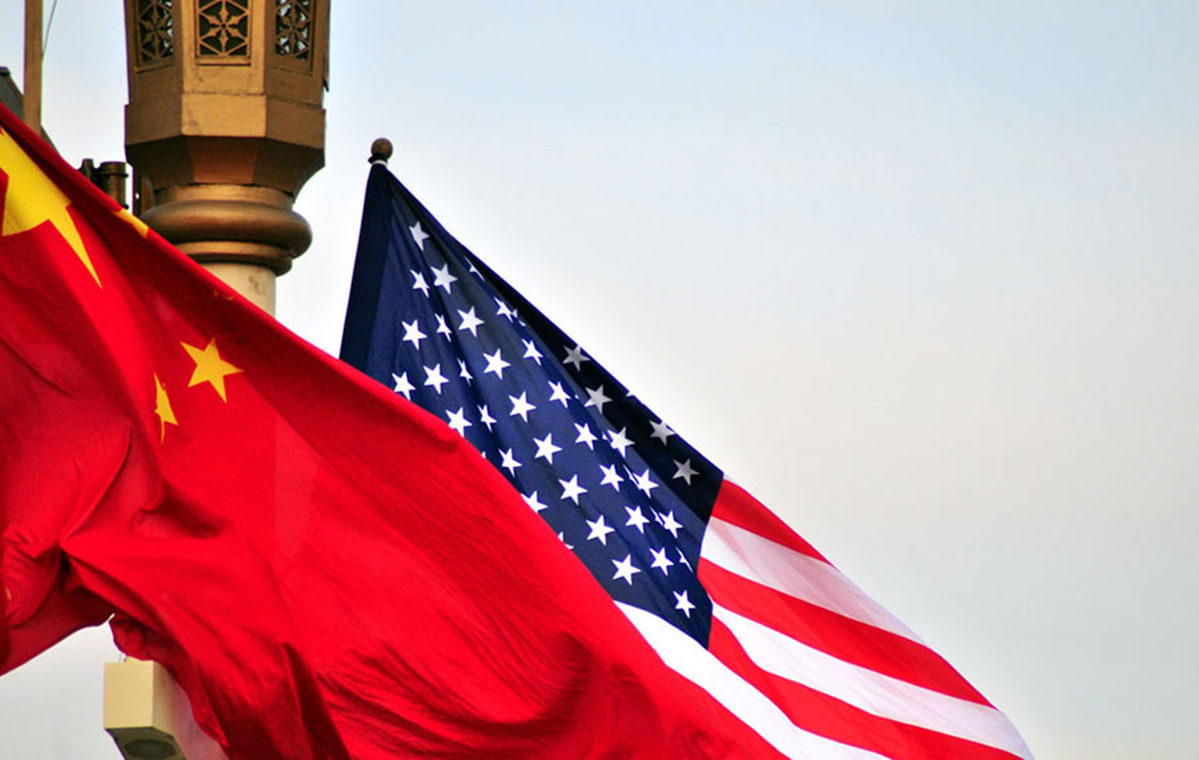China and US hold key talks in Zurich


Top Chinese diplomat Yang Jiechi and United States National Security Advisor Jake Sullivan met in Zurich, Switzerland, on Wednesday, to exchange views on China-US ties as well as global and regional issues of common concern to both sides.
In a press release following the meeting, the Chinese foreign ministry described the meeting between Yang, member of the Political Bureau of the CPC Central Committee and director of the Office of the Central Commission for Foreign Affairs, and Sullivan as "extensive, candid and in-depth".
"The talk was constructive and conducive to improving mutual understanding," the foreign ministry said.
The two sides agreed to take measures to follow up on the Sept 10 phone call between the two heads of state to strengthen strategic communication, properly manage differences, avoid conflict and confrontation, seek mutually beneficial win-win cooperation and make joint efforts to push the China-US relations back on the right track.
Yang said how the two countries handle their bilateral relationship matters to the fundamental interests of both nations and their people.
He said China-US cooperation benefits the two countries and the world, while any confrontation would inflict serious damage.
Yang said he hopes that the US side would fully recognize the mutually beneficial nature of the bilateral relationship and have a correct understanding of China's domestic and foreign policies as well China's strategic intention.
He voiced China's opposition to defining the bilateral relationship as "competition".
Yang said the Chinese side had paid special attention to President Joe Biden's recent positive comments on China-US relations that the US has no intention to curtail China's development and wage a "new Cold War".
He hoped that the US side would adopt a rational and pragmatic policy toward China and work with China to respect each other's core interests and major concerns to bring the bilateral relationship onto a path of mutual respect, peaceful co-existence and win-win cooperation.
Yang elaborated on China's solemn stance on issues relating to Taiwan, Hong Kong, Xinjiang, Tibet, maritime domain and human rights. He said that the US side should respect China's sovereignty, security and development interests and stop using these issues to interfere in China's domestic affairs.
The US side has voiced its adherence to the one-China policy, according to the press release.
Yang and Sullivan also exchanged views on climate change and regional issues of common concerns to both sides. They agreed to maintain frequent talks and communication on important issues.
Cheng Li, director of the John L. Thornton China Center at the Brookings Institution, described the meeting between Yang and Sullivan as a positive step forward following a successful phone talk between President Xi Jinping and President Biden last month.
He said that the Biden administration has realized that its allies do not want to choose sides between the US and China in a new Cold War.
"That is an important factor why Biden said in his recent speech at the UN General Assembly that the US does not seek new Cold War," Li told China Daily on Wednesday.
But Li does not believe that this will be a turning point in the deteriorating relationship because many problems in the bilateral relations are structural and have been complicated by fractured US domestic politics.
Susan Thornton, a senior fellow of Paul Tsai China Center at Yale Law School and a former acting assistant secretary of state for East Asian and Pacific Affairs at the US State Department, said on Monday that the notion that US engagement with China was somewhat a favor for China or mainly aimed at changing China's political system doesn't comport with the facts or history of the times.
"It doesn't comport the way the US government does foreign policy," she told a talk at the Brookings.
Thornton said that US clearly saw constructive relations or engagement as working in US government favor and US interests for various reasons.
"The benefits were clear and observable," she said.
--end—































